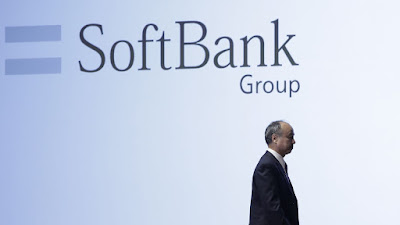Rating Agencies Take Aim at Sovereign Debt Ratings

In this short post today, we will look at the news recently regarding the rating agencies’ declarations regarding two countries’ sovereign debt ratings, what underpins them, and what may be next for countries facing up to the COVID-19 pandemic, amongst a number of other impactful factors. The first news came from South Africa. As was to be expected on account of the other two rating agencies downgrading South Africa to ‘junk status’, Moody’s finally took the leap and cut South Africa’s rating to Ba1, from Baa3, with the outlook remaining negative . In providing details as to why Moody’s finally followed S&P and Fitch in downgrading South Africa to junk status, albeit 3 years later, the agency stated that the key driver underpinning the downgrade was ‘ the continuing deterioration in fiscal strength and structurally very weak growth, which Moody’s does not expect current policy settings to address effectively ’ (sign-in required). The agency then went on to detail the reasoni...





